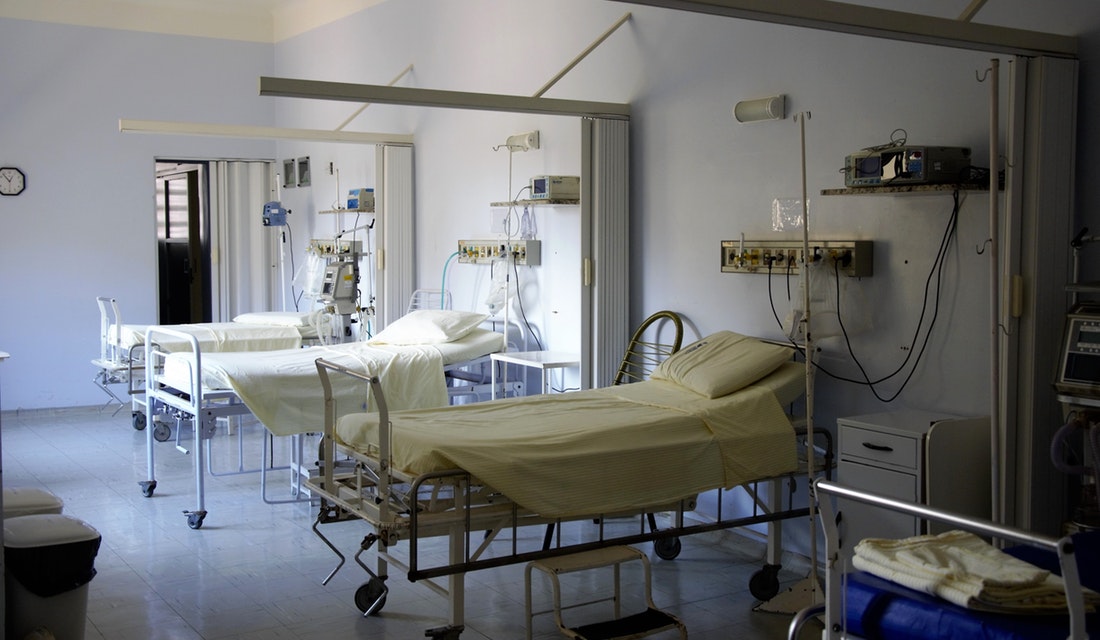
What is Simulation-based Training?
Risk Reduction for Patient Safety
Increasingly, there is an emphasis on patient safety and comfort. With the growing demand for minimally invasive procedures and higher incidences of chronic disorders, the obligation to provide high quality patient care is critical for achieving optimal treatment and outcomes.
At present, conventional medical education involves a combination of didactic lectures, group-based learning, and hands-on training based on the apprenticeship model. Following the apprenticeship approach, trainees perform procedures on patients under the supervision of attending preceptors. Although patient-based, hands-on experience is an essential component of residencies and fellowships, novice trainees pose a significant risk to patient safety. One study observed the number of complications associated with endoscopy significantly increased in July and August during the start of new trainee training programs.2 Prolonged procedure times3, mismanagement of findings, and adverse events such as patient abdominal pain2 are common endoscopy-related complications resultant of lack of trainee experience. Moreover, preceptors relinquish complete control of the case and equipment to allow trainees to practice procedures and tasks, further placing the patient in a vulnerable position.
SBT is an alternative form of learning that circumvents the challenges of patient safety and avoidable medical error. By providing a platform for medical students and healthcare professionals to reach an acceptable threshold of clinical competency before high stress, patient-based training, SBT can improve patient safety and outcomes while enhancing the educational experience of trainees. While task trainer simulators are well-suited for novice learners who are building step-wise understanding of procedures, simulated scenarios that challenge communication, collaboration, and conflict resolution skills with an interdisciplinary team adds further richness to the learning experience.
Intelligent Haptronic Solutions’ VR digestive endoscopy simulator addresses gaps in patient safety in conventional and existing endoscopy with its immersive virtual platform. The simulator hosts realistic, anatomically accurate organ models and a comprehensive library of training modules and patient types for trainees to effectively practice endoscopy and colonoscopy procedures. Learners are able to acquire the necessary skills, such as recognition of anatomical landmarks, intervention approaches, and complication management, by training in the low-risk, controlled environment. The educational experience is augmented by the force feedback from the device’s haptic interface, which mimics the movement and feel of the scope, and reaction to tissue. Intelligent Haptronic Solutions’ proprietary artificial intelligence (AI) engine enables effective skill transfer by monitoring the user’s progress through training modules and providing objective measures of performance and expert feedback in real time. The AI engine also produces a complete report that analyzes the user’s performance during the training session. Errors made by the trainee on the platform can positively influence learning curves rather than discourage further progress.
Using Intelligent Haptronic Solutions’ VR digestive endoscopy simulator, residents and healthcare professionals are equipped with the knowledge foundation and skills for patient care. Users leave training sessions with greater confidence and more experience managing patient cases, thereby reducing the risk for endoscopy errors, inappropriate applications, and incorrect diagnoses
References
- Khan, R., Plahouras, J., Johnston, B.C., Scaidi, M.A., Grover, S.C., & Walsh, C.M. (2018). Virtual reality simulation training for health professions trainees in gastrointestinal endoscopy. Cochrane Database of Systematic Reviews, Issue 8. Art. No.: CD008237. DOI: 10.1002/14651858.CD008237.pub3.
- Bini, E.J., Firoozi, B., Choung, R.J., Ali, E.M., Osman, M., & Weinshel, E.H. (2003). Systematic evaluation of complications related to endoscopy in a training setting: A prospective 30-day outcomes study. Gastrointest Endosc, 57(1), 8-16.
- McCashland, T., Brand, R., Lyden, E., & de Garmo, P. (2000). The time and financial impact of training fellows in endoscopy. CORI Research Project. Clinical Outcomes Research Initiative. Am J Gastroenterol, 95(11), 3129-3132.
Learn More.
To learn more about features of Intelligent Haptronic Solutions’ VR digestive endoscopy simulator, visit the product page or get in touch with the team.